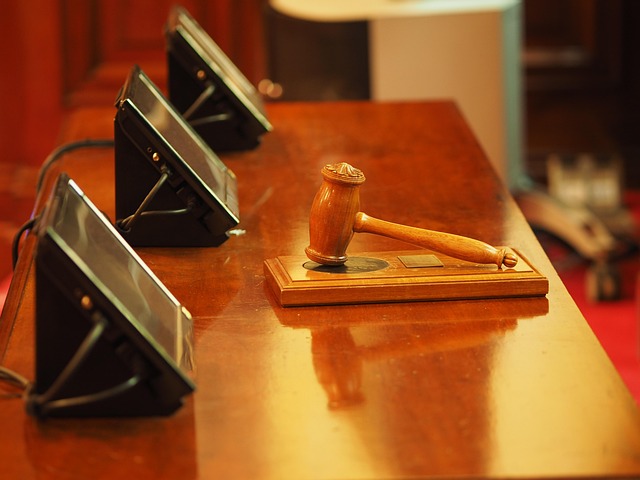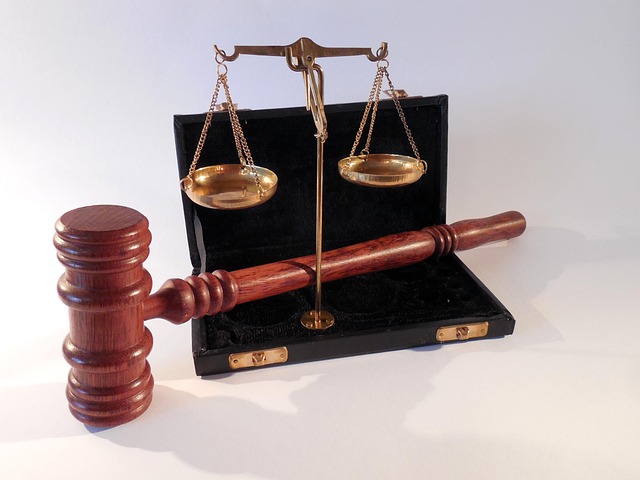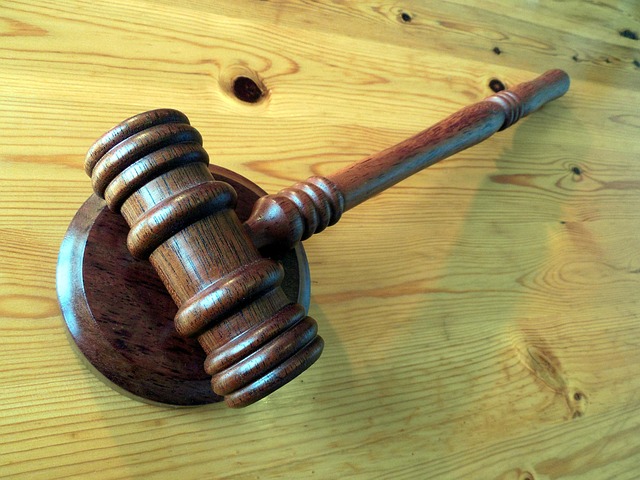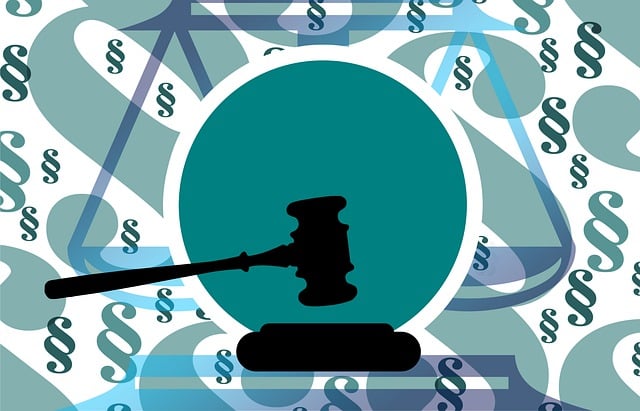Understanding appeal processes is crucial for navigating legal complexities. Common reasons for appeal denials include procedural errors like missed deadlines, inadequate briefing, and poor argument presentation. Courts limit review to clear legal errors, so even with potential irregularities, a decision supported by sufficient evidence may be upheld. Success requires strategic choices, strict adherence to procedural guidelines, and comprehensive understanding of nuanced legal aspects to avoid denials in both corporate and individual cases.
Litigation types vary, each with its own complexities and outcomes. Understanding appeal processes is crucial for navigating legal challenges, especially given the common barriers that often lead to denial. This article delves into procedural errors, substantive issues, and strategic considerations. Learn about missteps that can result in denial, challenges in legal interpretation, and key tactics for a successful appeal. Uncover the top common reasons for appeal denials to better equip yourself in the legal landscape.
- Understanding Appeal Processes and Common Barriers
- Procedural Errors: Missteps Leading to Denial
- Substantive Issues: Challenges in Legal Interpretation
- Strategic Considerations for Success in Appeals
Understanding Appeal Processes and Common Barriers

Understanding appeal processes is crucial for both corporate and individual clients navigating legal complexities. Appeals are a vital step in the justice system, allowing parties to challenge decisions made during the initial trial. However, success is not guaranteed, as there are several common barriers that can lead to denial. One of the primary reasons for appeal rejection is procedural errors; these might include missing deadlines or failing to adhere to specific court rules and regulations. Such mistakes often prove fatal to an appeal’s chances.
Another significant factor contributing to denials involves the scope of review. Courts typically limit their reassessment to identifying clear legal errors or misapplications of law. If the original decision was supported by sufficient evidence, it may be upheld even if there were potential procedural irregularities during the trial. Common reasons for denial also encompass strategic choices made by appellants; inadequate briefing, poor presentation of arguments, and failure to address key issues decided in the original case can all hinder a successful appeal, especially in complex white-collar defense scenarios involving all stages of the investigative and enforcement process.
Procedural Errors: Missteps Leading to Denial

Procedural Errors often form the basis for appeals, as missteps during litigation can lead to significant setbacks. These errors include failing to adhere to court rules and procedures, which can result in a case’s denial at an early stage. Common Reasons for Appeal Denial include procedural oversights such as missing deadlines, insufficient evidence, or inadequate legal arguments. For both corporate and individual clients, understanding these potential pitfalls is crucial to navigating the complex landscape of litigation.
Juried trials, for instance, require meticulous preparation to ensure a fair and just outcome. Achieving extraordinary results in these high-stakes scenarios demands adherence to strict procedural guidelines. By minimizing procedural errors, litigants can enhance their chances of a favorable ruling and, ultimately, avoid unnecessary appeals that could prolong the legal process.
Substantive Issues: Challenges in Legal Interpretation

Litigation often involves intricate legal interpretations, presenting numerous challenges for all parties involved. One significant aspect, and a common reason for appeal denial, is the interpretation of substantive issues. These are complex matters that demand a thorough understanding of the law and its application in specific circumstances. Misinterpretations can lead to errors in judgment, causing cases to be dismissed or appealed. For instance, disputes over contract terms or the interpretation of laws in high-stakes cases require meticulous attention to detail.
Attorneys must navigate these challenges by presenting clear and compelling arguments, ensuring that substantive issues are addressed comprehensively. Achieving extraordinary results in winning challenging defense verdicts often hinges on the ability to articulate complex legal concepts coherently. This is especially crucial when dealing with nuanced aspects of the law that might be subject to varying interpretations, ultimately impacting the outcome of the case.
Strategic Considerations for Success in Appeals

When navigating appeals, understanding common reasons for denial is a strategic consideration for success. Many appeals are dismissed due to procedural errors or inadequate argumentation. Failure to timely file appeals, miss deadlines, or present well-substantiated arguments can lead to an unfavorable outcome. Additionally, courts often scrutinize the merits of the case and may deny appeals if they find no error in the original ruling.
Another key factor is ensuring a complete dismissal of all charges. Merely challenging specific aspects of a judgment might not be enough; appeals must demonstrate a profound flaw that significantly impacts the respective business’s case. While jury trials offer opportunities for advocacy, appealing decisions made during them can be challenging due to the high burden of proof required. Effective legal strategies, thorough documentation, and meticulous attention to deadlines are essential to maximize chances of success in appeals.
In navigating litigation, understanding the intricacies of appeal processes and addressing common barriers is pivotal. From procedural errors that can lead to denial to substantive issues involving legal interpretation, each step requires strategic consideration. By recognizing the frequent causes behind appeal denials, such as procedural missteps and unconvincing legal arguments, litigants can better prepare and increase their chances of success on appeal. Embracing these insights empowers legal professionals to offer more effective strategies for a robust appeal process.






